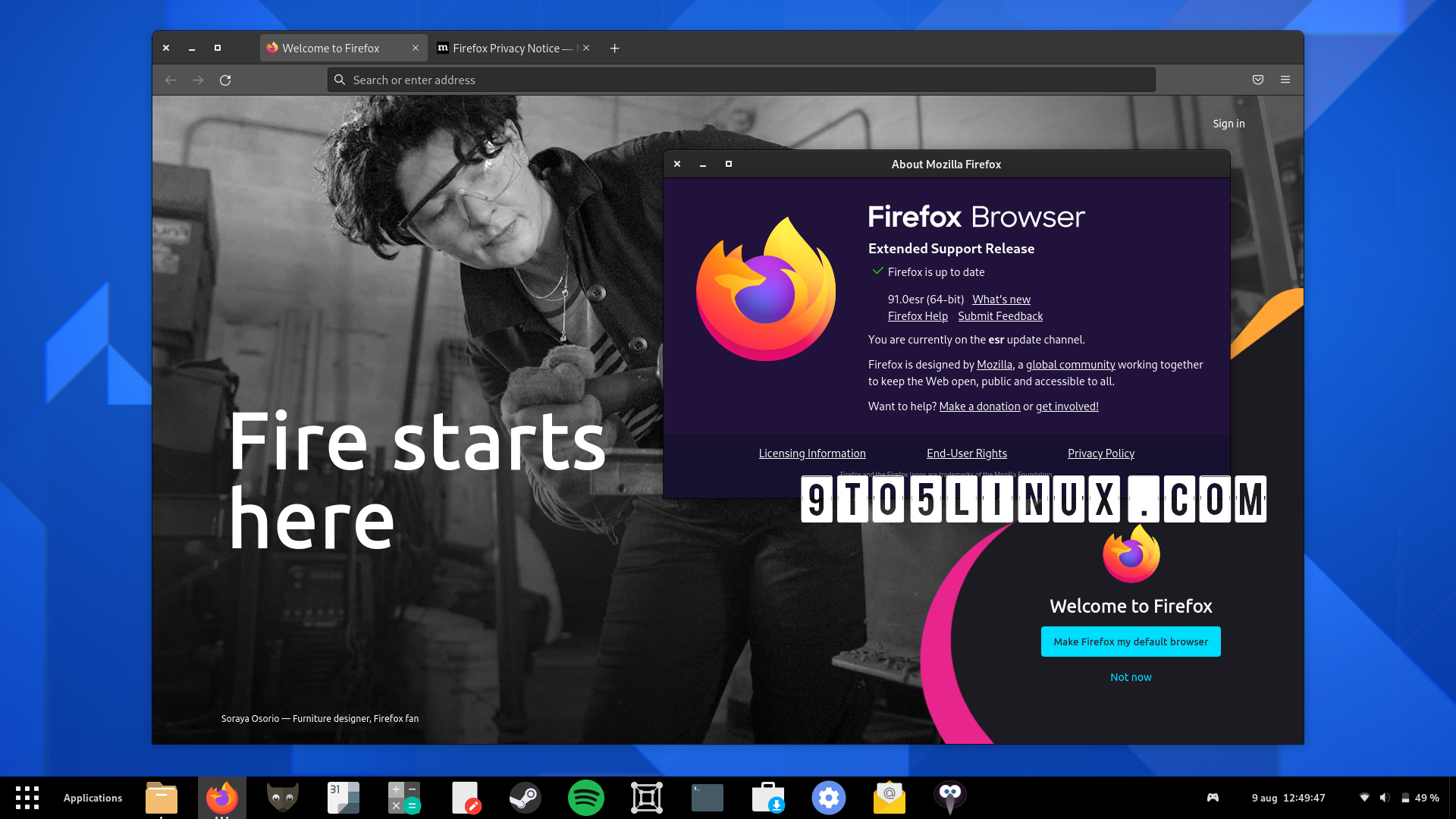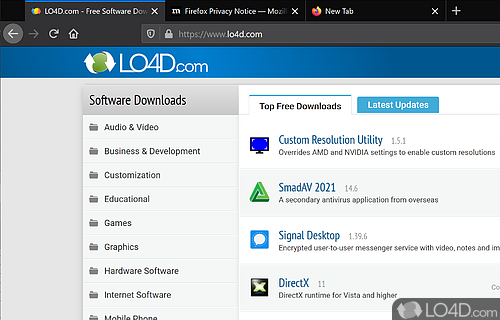
Mozilla provides an official Snap package for Firefox: Since the KeePassXC's socket has been renamed in KeePassXC 2.6, for this version you need to tweak the solution as described in comment #3 A workaround for KeePassXC is described in the Flathub forum.

Therefore, add-ons which rely on it such as KeePassXC Browser don't work. If you want to use your Firefox flatpak as the default DebianAlternatives browser ( x-200 & sudo update-alternatives -set x-Flatpaks don't support native messaging.

If you have added /var/lib/flatpak/exports/bin to your PATH, you can also run it with the command If you haven't already set up flatpak, run sudo apt install flatpakįlatpak remote-add -if-not-exists flathub Mozilla provides an official FlatPak at FlatHub. If you want to use your manually installed Firefox as the default DebianAlternatives browser ( x-www-browser), run sudo update-alternatives -install /usr/bin/x-www-browser x-www-browser /opt/firefox/firefox 200 & sudo update-alternatives -set x-www-browser /opt/firefox/firefox For example: sudo ln -s /opt/firefox/firefox /usr/local/bin/firefox If you want to be able to launch Firefox from a CommandLineInterface, create a symlink to the firefox executable in /usr/local/bin/. Replace /opt/firefox with the path to the directory where you extracted the archive. MimeType=text/html text/xml application/xhtml+xml application/xml application/+xml application/rss+xml application/rdf+xml image/gif image/jpeg image/png x-scheme-handler/http x-scheme-handler/https Įxec=/opt/firefox/firefox -private-window %u Icon=/opt/firefox/browser/chrome/icons/default/default128.png In the ~/.local/share/applications directory (install only for the current user) In the /usr/share/applications directory (system-wide installation - requires Root privileges) in your home directory (install only for the current user)Ĭreate a file sktop (replace stable with beta or nightly if needed) with the contents below:.In the /opt directory (system-wide installation - requires Root privileges) Download the Firefox version you want directly from the official website.

Mozilla distributes ready-to-use Firefox binaries for Linux on their website: On DebianUnstable, to install the Release version of Firefox, install the firefox package. Support for languages other than English is available in packages named firefox-esr-l10n*. They are instead supported for more than a year, updating with major security or stability fixes. ESRs are not updated with new features every six weeks. This installs the Extended Support Release of Firefox. On DebianStable, Install the firefox-esr package. Migrating from Debian's Firefox to Upstream's.


 0 kommentar(er)
0 kommentar(er)
